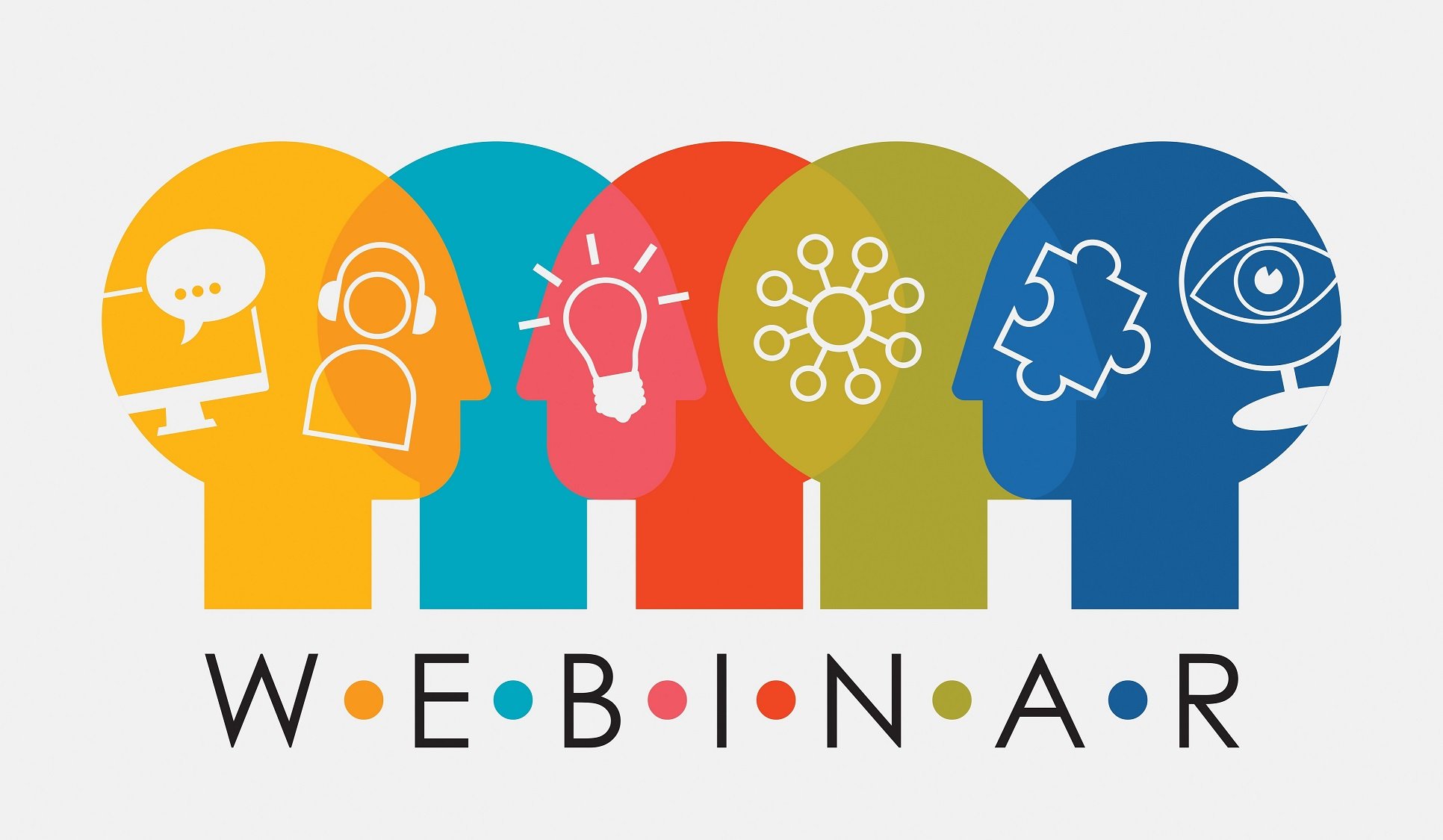When: Friday 1 December, 15.30-16.30 CET
Watch the recording of the webinar
The MOOC hype in the media might be over, but investments in and the uptake of MOOCs are increasing significantly worldwide. There is no doubt that European HEIs joined the MOOC movement later, but contrary to the developments in the US, European HEIs are now engaging more with MOOC development and production. Various studies demonstrate that a large percentage (at least 40%) of European Higher Education Institutions (HEIs) seems to have developed a MOOC or is planning to develop a MOOC.
The question being considered in this webinar is why HEIs are investing in MOOCs, the role of political environments and educational values in different regions and if this support the use of MOOCs for social inclusion.
This webinar is organised by the Erasmus+ project MOONLITE. Supported by EADTU (European Association of Distance Teaching Universities), OpenupEd, EMPOWER, UNED, Athabasca University and Linnaeus University.







